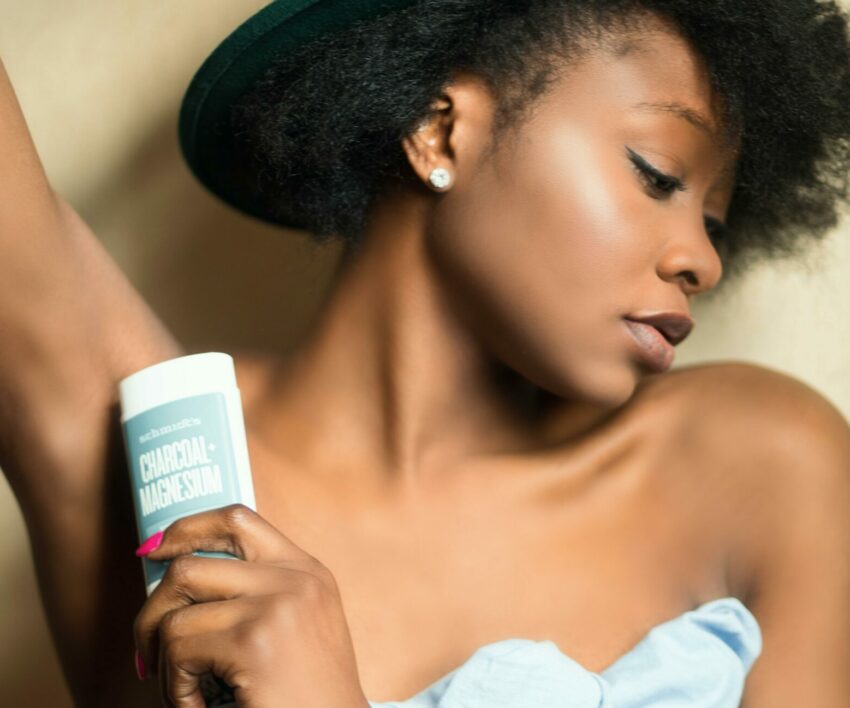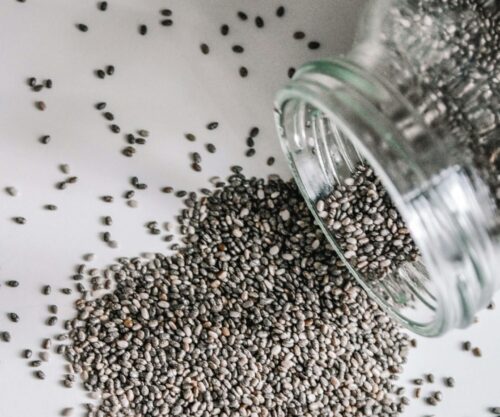
Could it be possible that we use the words “deodorant and antiperspirant” interchangeably because we believe they mean the same thing? You might have asked yourself if there’s any difference between the two. You might have even thought that an antiperspirant is just a fancy way of referring to a deodorant.
Well, much research has explained that these two might have similar roles and may be used similarly, but they are not the same thing. Let us find out the differences between your deodorant and antiperspirant, as explained by relevant publications.
According to Dove, “Deodorant protects against odour, while antiperspirant protects against sweat and odour. Deodorant will help keep you fresh, whereas antiperspirant also helps to control sweat.”
How deodorants work
WebMD explains that there are two ways that deodorants can prevent odour. The first is antibacterial qualities, which lower the quantity of microorganisms that cause odour. “The second is a fragrance that masks odour that is produced.”
How Healthline explains this is that deodorants typically alcohol-based, turn your skin acidic, making it less bacterial-friendly, and often contain perfume for odour masking. Per the Food and Drug Administration (FDA), deodorant falls within the cosmetic category, which indicates that cleansing or beautifying is the product’s main purpose.
How antiperspirants work
Antiperspirants contain aluminium salts, which block pores on the skin’s outer layer, reducing sweat flow and odour production, claims the Cleveland Clinic. However, it is mentioned that concerns about the risk of breast cancer have been raised, as frequent use of antiperspirants may accumulate aluminium in sweat glands near breast tissue.
“The American Cancer Society says there are no strong studies that link breast cancer risk and antiperspirant use, and that there’s very little scientific evidence to support this claim.”
The above clinic further mentions that antiperspirant and deodorant are safe everyday products available in various forms, including sprays, powders, gels, lotions, solids, and roll-on liquids. However, it is said that they can cause skin irritation, especially if containing perfumes or dyes and that to avoid irritant contact dermatitis, apply to clean, dry skin after shaving.
Also see: How to combat breast sweat




